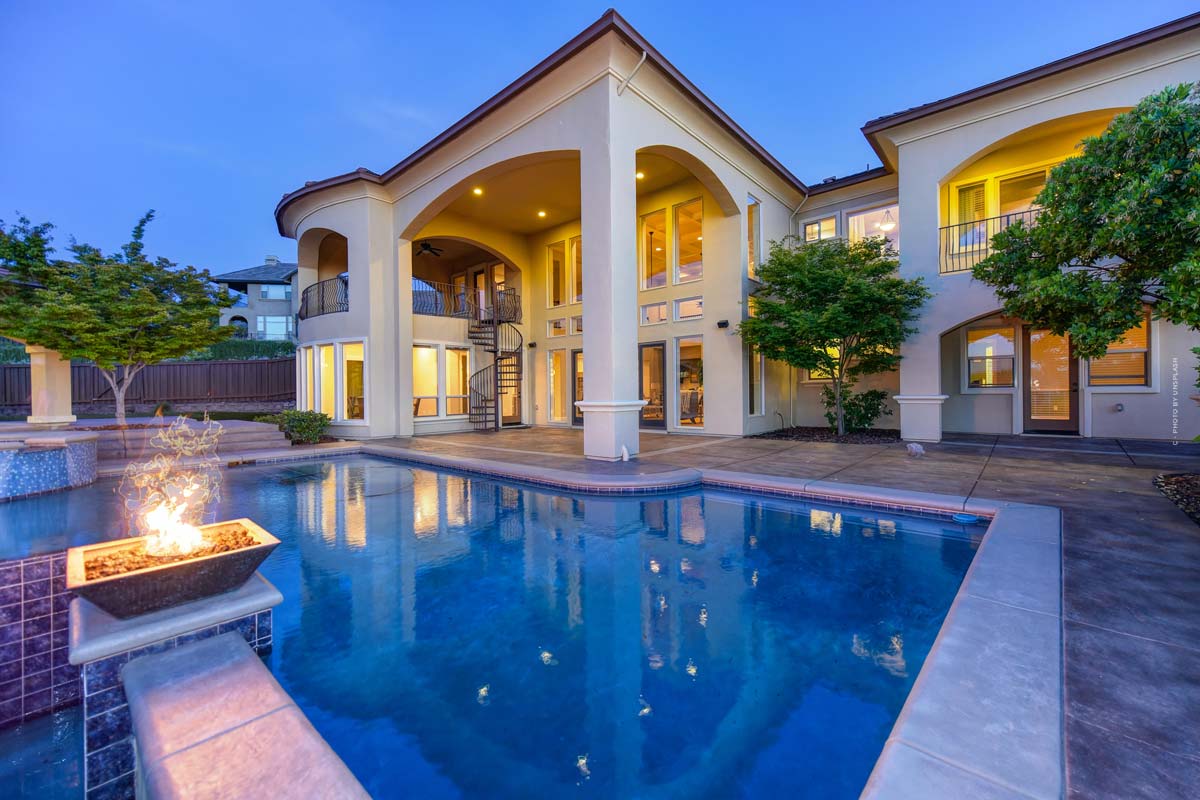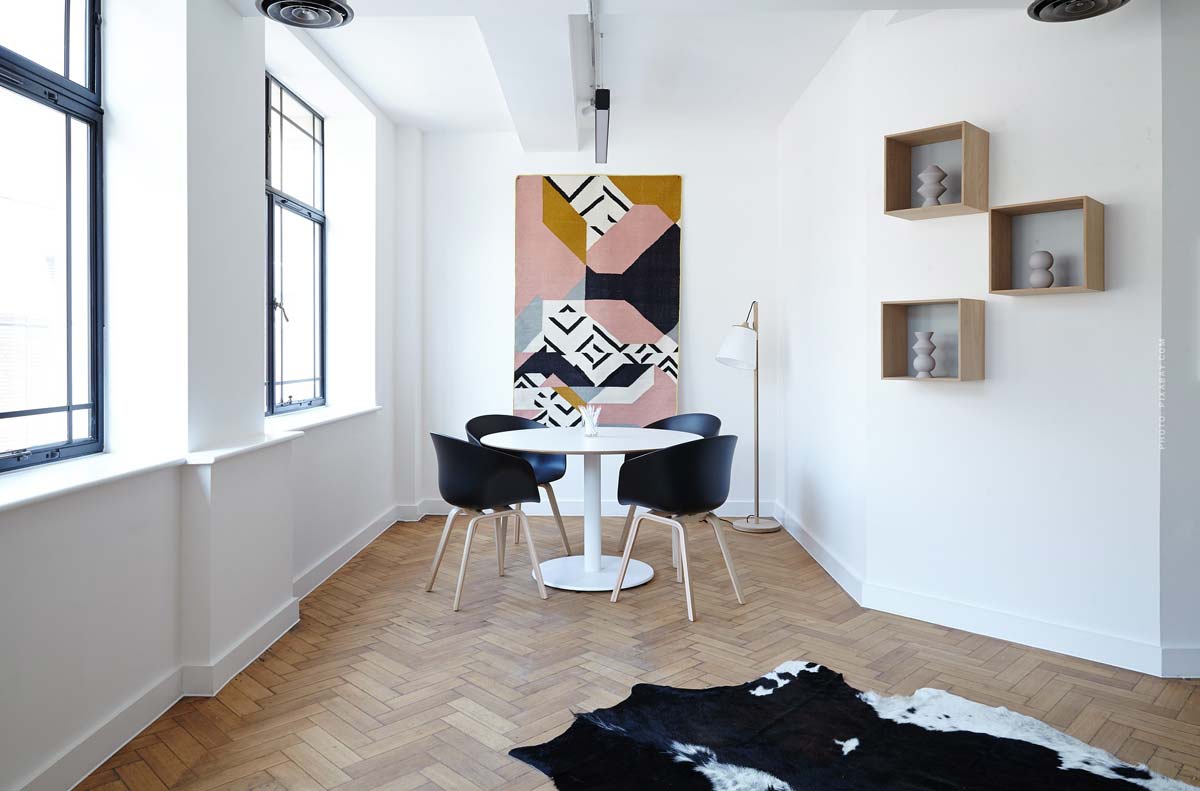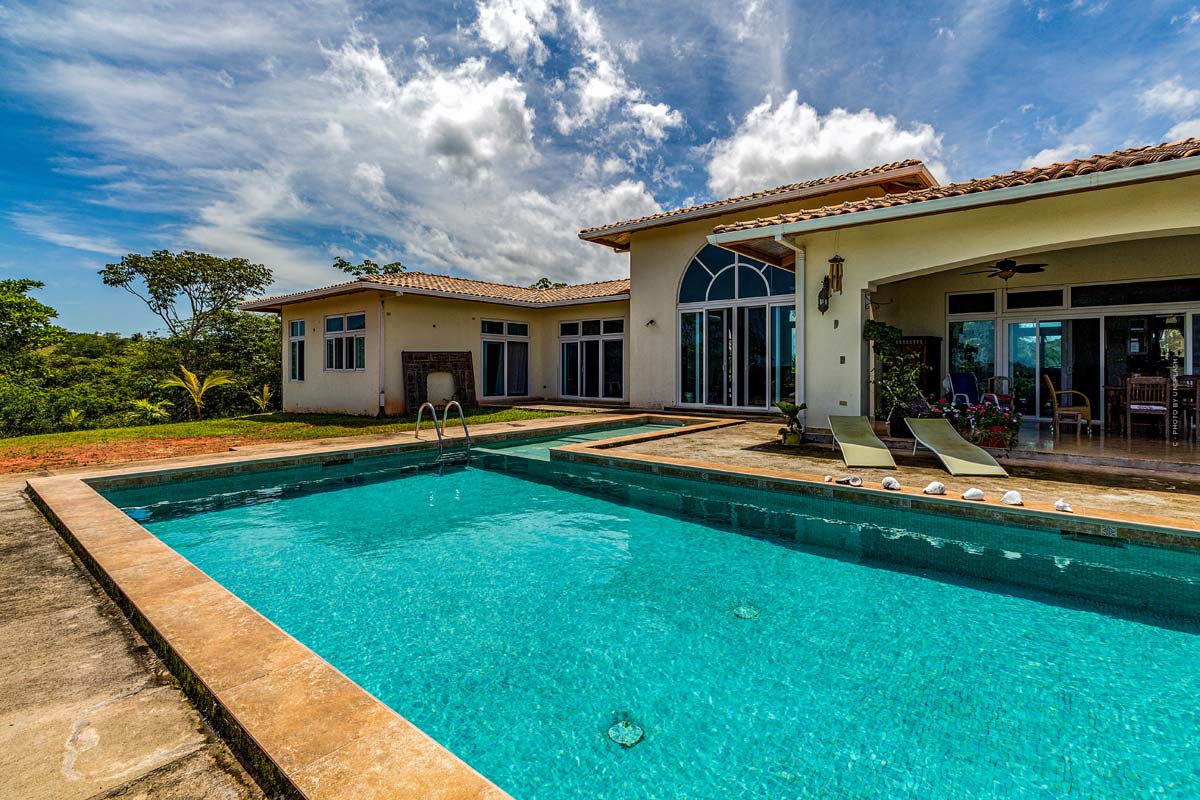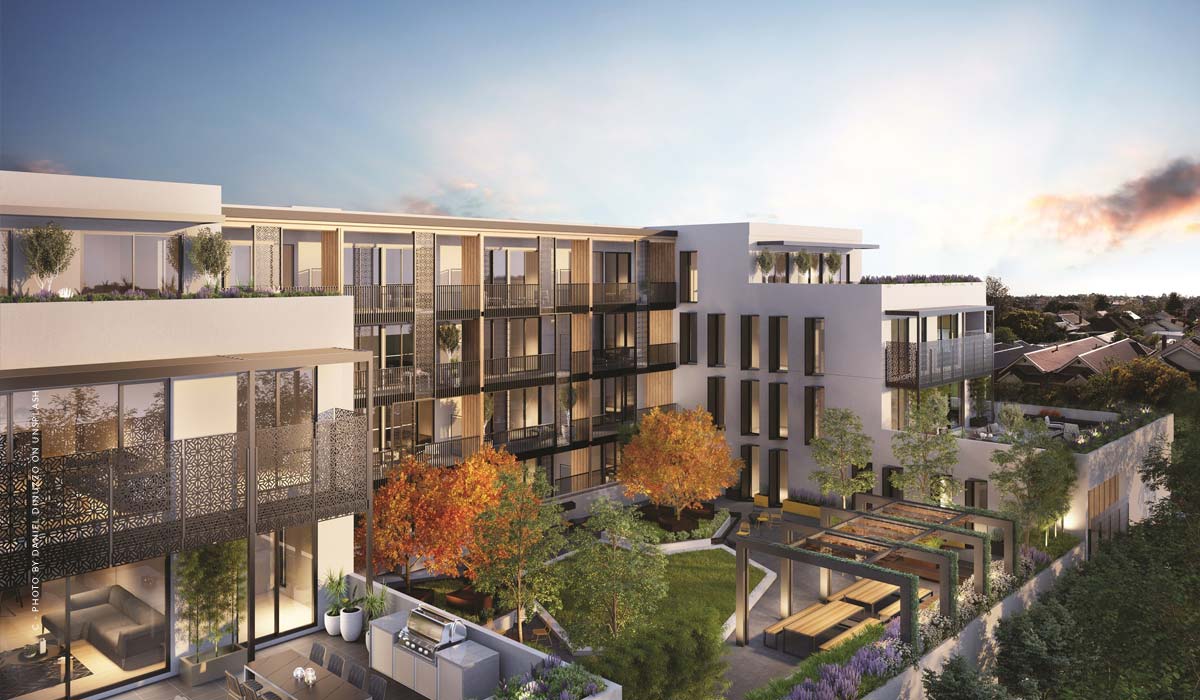Investment real estate: tax advantages? Nursing home? – Questions and answers
Many real estate issues are complex. In particular, topics such as capital investment are often incomprehensible to laypeople. It is therefore all the more pleasant when someone who is familiar with this topic explains it in simple words. FIV has conducted an interview with an expert for you. In this interview you will learn everything about capital investment.
Interview with real estate expert Jan Rickel from IHV – Die Immobilien Makler.
Capital investment real estate – You should note this
FIV: Investing money is complex. Especially when it comes to real estate. Condominium, single-family house, land or an entire apartment building. How would you describe your approach to investments in a few sentences for our readers? What do I need to know if I want to invest money in real estate?
Right from the start I work according to the motto “only those who know their goal can achieve it”! Sounds banal, and actually it is. I must have a clear idea of what I want to achieve when it comes to investment – as I do in life. Once I’ve defined the goal, it’s about the strategy to achieve it.
FIV: Okay! I’d like to be a millionaire. It’s a clear target, isn’t it? With which system can I achieve this in the best and safest way?
Since my business is real estate, I can ultimately only speak for this area. But this much is certain: when it comes to long-term prospects for capital accumulation, these can be very well and reliably planned with real estate. Company investments – whether as funds or investments in a single company – are subject to strong fluctuations in their performance. Although these can also be offset over a longer investment period, there is still a higher residual risk than with real estate. In addition, there is another very important aspect with real estate: Under certain circumstances, I can achieve a significantly higher return with my existing equity capital than with any other investment. This is due to the so-called lever effect. This always occurs when I do not use the purchased property myself – i.e. rent it out. The rent is my income with this form of investment. If I compare this return exclusively to my invested equity capital, then yields in the solid double-digit range are generated.
Should you take risks?
FIV: But these are tricks, aren’t they? I have to borrow money from the bank to buy a property. That also costs money in the form of interest and redemption.
I don’t MUST borrow money, but I should do it. And this has nothing to do with the interest rates, which are still favourable at present.
Assuming I had enough equity to finance the property I wanted without a loan. Then I save the interest and repayment, but have a much worse return, because I use a lot of money to earn the rent. If, on the other hand, I borrow the money from the bank, then I only have to deduct the interest from the rental income – if I am serious about it. The repayment of the credit is my over the repayment years stretched additional own capital funds, which I put into the “piggy bank” real estate. Strictly speaking, it does not depend on the return on equity. On the contrary, if I have made the right choice when choosing a flat or apartment building, the flat will continue to gain in value in the coming years. If the speculation period of ten years and best also the financing period has expired, I can sell the apartment again and collect the increase in value as an additional return on my redemption capital.
What do I have to consider?
FIV: Sounds very simple. But what’s the catch?
Only in two places you have to be careful! I had already mentioned one place with the right location of the property. If you want to invest your money in a rented apartment, you have to pay attention to the location. Even if it should not be the top location at the time of purchase, there must be a noticeable improvement in sight within the planned investment period – i.e. as long as one wants to keep the apartment. Otherwise, the increase in value won’t work.
On the other hand, this leverage effect only works if the financing interest for my borrowed capital is not higher than the total return on capital of the property. With the current interest situation, however, this is not an issue for the purchase of a decent apartment today.
I recommend here to simply visit one or the other bank. There you usually get clear statements as to which financing framework the bank is prepared to cover. Conversely, I then know how much own money I need as an investment or in which league I can afford an investment object.
FIV: What’s better then? To buy an apartment or a house for yourself, or rather to rent it out?
When it comes purely to capital investment and returns, a property for rent is the better choice. If I want to occupy the capital investment for “today” and the property itself for the future, then I should make sure when choosing the property that the furnishings and location of the property meet my own living requirements.
FIV: How do you then confidently walk the capital market, especially if the future always remains uncertain? Are there any concrete recommendations from you as an expert for our readers?
Of course I will only be able and willing to talk about the real estate market. Anyone who has invested in the real estate business for a long time already knows how to present themselves in this market segment. But everyone else can learn that well! For beginners in the investment business, I recommend starting small. A small two-room apartment in a city or region whose population has grown steadily in recent years is a good place to start investing safely in real estate. The certainty as to whether there will also be a move in for the following years or decades and thus a need for living space can be obtained from the respective municipal administrations, for example. Often the homepage of the city or region already has some information about the urban development.
Catch up with expert advice
With regard to the property itself, the overall state of construction and equipment is of course important. In case of doubt one can consult an architect, a friendly craftsman or other people with appropriate real estate expertise. What renovations have been made? What’s on the agenda? What is the overall ownership structure of the house like? How high is the fluctuation among the tenants of the other apartments? Is there any information about the apartment I’m about to buy? Of course, this is only possible with existing properties. In the case of new buildings, one takes a look at the houses that the developer has already built elsewhere and, if necessary, talks to the residents who have already bought from this developer.
The “right” purchase price still remains…. The Bank is in demand here, as I explained earlier with regard to the leverage effect. Be sure to have several banks calculate for you how rental income, running costs (reserves, etc.) will relate to the loan conditions and the equity capital for you. In plain language: You will also receive different offers from different banks. This may be worth it for you.
FIV: And now the question of how self-confident should I appear in the conversation:
Self-confidence doesn’t mean I’m performing with the proverbial big arms. On the contrary: the real estate seller and the banker will quickly notice how experienced you are in matters of capital investment. It’s better to be a beginner! After all, bankers are now also strongly liable if they give the wrong advice.
Is the investment worth it?
FIV: We currently hear a lot about real estate returns of 4.5 percent, sometimes 6 percent. In the context of the current development of interest rates on savings balances, this sounds like a sensible investment. Would you agree with me? How much do real estate currently pay off as a capital investment?
These yield data are really serious and covered by my experiences. As far as the pure return on equity is concerned, it often even looks much better, as we have heard above. I can only repeat here that real estate is a good and safe investment in terms of yield as a capital investment – the so-called “concrete gold”. Prerequisite: the location of the property is such that it generates continuous rental income at the normal market level. If longer periods of loss of rent are to be feared, for example because the residential area or the house has a high tenant fluctuation, then the investment does not pay off.
Various types of real estate – Investment opportunities
FIV: Which type of property would therefore pay off for me? Better the small single apartment, the large condominium for families or better a detached house?
If you are a beginner in the real estate business, then start with the small single apartment. The single-family house is rather a problematic thing as a capital investment for letting. If you are then times correctly in it and also have the necessary capital, it is with real estates like with shares: the mixture macht´s! Single-apartments in corresponding regions (e.g. student cities) combined with large housing units makes sense. In concrete terms, houses with apartments between 50 sqm and 110 sqm are ideal, as apartments over 110 sqm are usually more difficult to let.
FIV: Many questions, when is it worth investing? 10,000 euros, 20,000 euros. Are the investment opportunities just discussed suitable only after a certain financial framework or are there perhaps also new alternatives and possibilities, for example in the form of regular instalments?
Here, too, we would like to point out once again that good real estate can be financed even with small investment amounts. The prerequisite is that the bank also recognises that the property is a secure investment. Condition of construction, location, amount of rent, etc. – all this must be right so that you get the credit for the purchase price demanded. Ultimately, the annual net cold rent is the proverbial crux of the matter. Of course, everything also depends on my having a regular income.
FIV: For all those who are thinking about selling or buying. Which region and location do you consider to have the greatest potential in Germany?
Oh, dear… There are so many regions. I myself live in the Rhine-Main area. This is in any case a good region to buy. And I’m not just talking about the big cities of Frankfurt, Wiesbaden and Mainz. The small towns in this region are also doing well in real estate. Hamburg, the Bonn-Cologne-Düsseldorf line, the Munich area, Berlin and Stuttgart are further examples.
Investments in nursing homes or homes for the elderly
FIV: Finally, the question: What do you think of investments in old people’s homes or nursing homes?
Very little! – is my short answer. This is related to the very high risk that this form of housing has as an investment. We’re talking about so-called social real estate here. In view of the aging population and the resulting increase in demand for senior citizens’ and nursing homes, it is suggested that this is a safe investment. However, these properties as management properties – like hotels, for example – have a serious disadvantage: if the operating company works poorly, such a property quickly becomes a bottomless pit. In the meantime, there are numerous examples of nursing homes that were either not used to capacity or lacked the necessary investments to guarantee a high standard of care. Then again the residents are absent, which in turn leads to a lack of investment by the operators. A vicious circle! Not only is there no rental income, you usually also have to inject a lot of capital in order to get the house in shape or to keep it that way.
Private customers are already being taken advantage of when it comes to the purchase prices of nursing home properties! Usually nursing homes are acquired by so-called institutional buyers. Like a hospital company or something. However, they are only prepared to invest a maximum of 14 times the expected net annual rents. This is why the developers of these facilities have in the past switched to approaching private customers – with the corresponding return promises. Often 20 times the net annual rent is charged as the purchase price, because it is supposed to be a great and safe investment. I’m not saying “hands off”, but it takes a lot of experience and advice to get into this business.
Thank you very much for the interview!
Interview with real estate expert Jan Rickel from IHV – Die Immobilien Makler.











